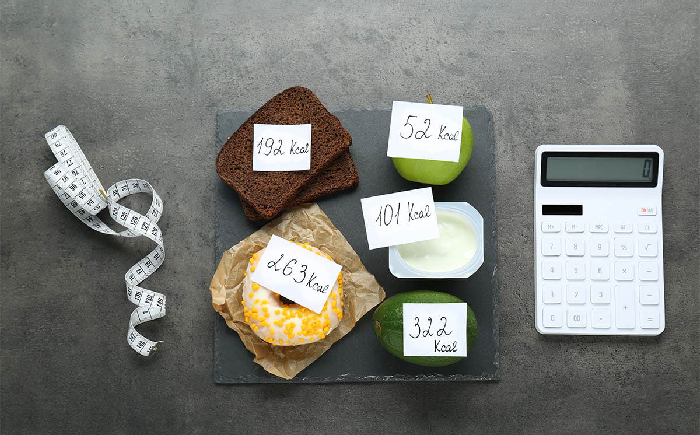
A caloric deficit is a fundamental concept in weight loss that refers to consuming fewer calories than your body needs to maintain its current weight. When your body is in a caloric deficit, it must turn to its energy reserves, primarily stored fat, to meet its energy demands. This process results in fat loss over time, which is why creating a caloric deficit is the primary method for achieving sustainable weight loss. The size of the deficit can vary, but generally, a moderate deficit of around 500 calories per day will lead to a weight loss of approximately 1 pound per week, which is considered safe and effective.
The number of calories your body needs is determined by your Total Daily Energy Expenditure (TDEE), which is the amount of energy you burn through basic bodily functions (like breathing and digestion) and physical activity. To create a caloric deficit, you must either reduce the number of calories you consume or increase the number of calories you burn through exercise or increased activity. While the equation may seem simple—calories in vs. calories out—it's important to understand that creating a sustainable deficit requires a balanced approach and consistency over time.
One way to create a caloric deficit is by adjusting your diet. Reducing your intake of high-calorie, nutrient-poor foods such as sugary snacks, fried foods, and processed items can significantly decrease your calorie consumption. Instead, focusing on nutrient-dense foods like vegetables, fruits, lean proteins, and whole grains provides the necessary nutrients while helping to keep you full and satisfied. Portion control also plays a major role in managing your calorie intake. Even healthy foods can contribute to weight gain if consumed in large quantities, so learning to manage portions effectively is key to maintaining a caloric deficit.
Another important aspect of achieving a caloric deficit is increasing physical activity. Exercise helps you burn more calories, which contributes to a greater overall deficit. Cardiovascular exercises like running, cycling, and swimming are excellent for burning calories and improving cardiovascular health. Strength training, on the other hand, helps build lean muscle mass, which increases your resting metabolic rate (RMR), meaning you burn more calories at rest. Incorporating both types of exercise into your routine can maximize your calorie expenditure and help accelerate the fat-burning process, complementing your dietary efforts.
However, it’s important to approach a caloric deficit with a focus on sustainability and health. Extreme calorie restriction or over-exercising can lead to negative side effects such as nutrient deficiencies, muscle loss, or metabolic slowdown. It's essential to ensure that you're still consuming a balanced diet with sufficient protein, vitamins, and minerals to support overall health. Gradually reducing calories while increasing physical activity is often more effective than drastic measures that are hard to maintain. A sustainable, moderate caloric deficit will lead to steady weight loss without compromising your health.
Lastly, tracking your progress and making adjustments is crucial for success. Weight loss is a gradual process, and everyone’s body responds differently to changes in diet and activity. Using a food diary or tracking app can help you monitor your caloric intake and ensure you're consistently in a deficit. Additionally, regular physical activity and maintaining a balanced diet will improve your results over time. It's important to be patient and avoid focusing too heavily on the scale, as fluctuations can occur. By consistently working toward a caloric deficit and adjusting your approach as needed, you’ll be on the path to successful, long-term weight loss.
Understanding the concept of a caloric deficit is the key to unlocking successful weight loss. By managing both your food intake and activity levels, you can create a sustainable deficit that promotes fat loss without compromising your health. By focusing on consistency, sustainability, and patience, you can achieve your weight loss goals while developing lasting healthy habits.
1819 N Washington Ave, Dallas, TX 75204, USA
+1 214-768-2503
info@healthynutritiontip.com
© Healthy Nutrition Tip. All Rights Reserved. Design by Healthy Nutrition Tip